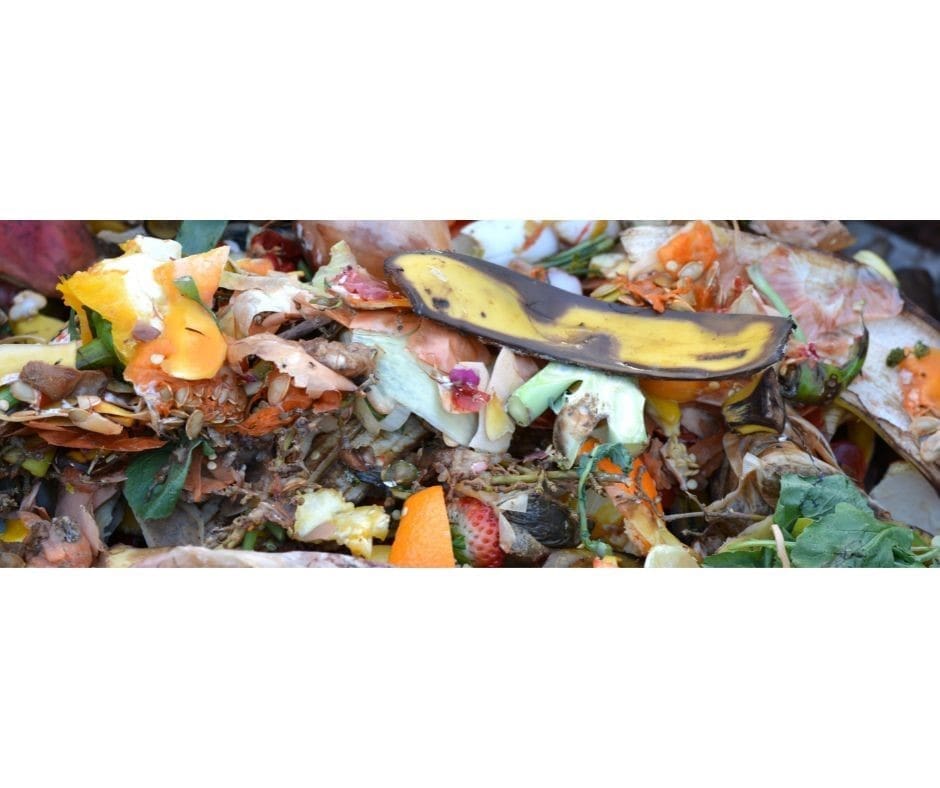By Trish Svoboda
The U.S. Department of Agriculture (USDA) is allocating around $11.5 million across 38 cooperative agreements aimed at supporting innovative and scalable waste management strategies to reduce and divert food waste away from landfills. Supported by the American Rescue Plan Act, these agreements, known as Composting and Food Waste Reduction Cooperative Agreements, form part of USDA’s extensive backing for urban agriculture. Jointly managed by USDA’s Office of Urban Agriculture and Innovative Production and the National Institute of Food and Agriculture (NIFA), the recommended projects will be implemented from now through 2026.
“These Composting and Food Waste Reduction projects help communities reduce food waste and greenhouse gas emissions,” said Terry Cosby, Chief of USDA’s Natural Resources Conservation Service (NRCS), which houses the Office of Urban Agriculture and Innovative Production. “Local strategies and tools like these are important climate solutions and also contribute to food security at the community level.”
USDA emphasized projects that foresee or showcase economic advantages, integrate plans to ensure easy access to compost for farmers, including community gardeners, incorporate additional food waste tactics such as food recovery initiatives, and collaborate with various partners. The partnership between NIFA and the Office of Urban Agriculture and Innovative Production is integral to USDA’s strategy to revamp the U.S. food system, aiming to benefit consumers, producers, and rural communities by expanding options, enhancing accessibility, and establishing new and improved markets for small and mid-size producers.
For a complete list of these recommended cooperative agreement recipients and project summaries, visit usda.gov/urban













